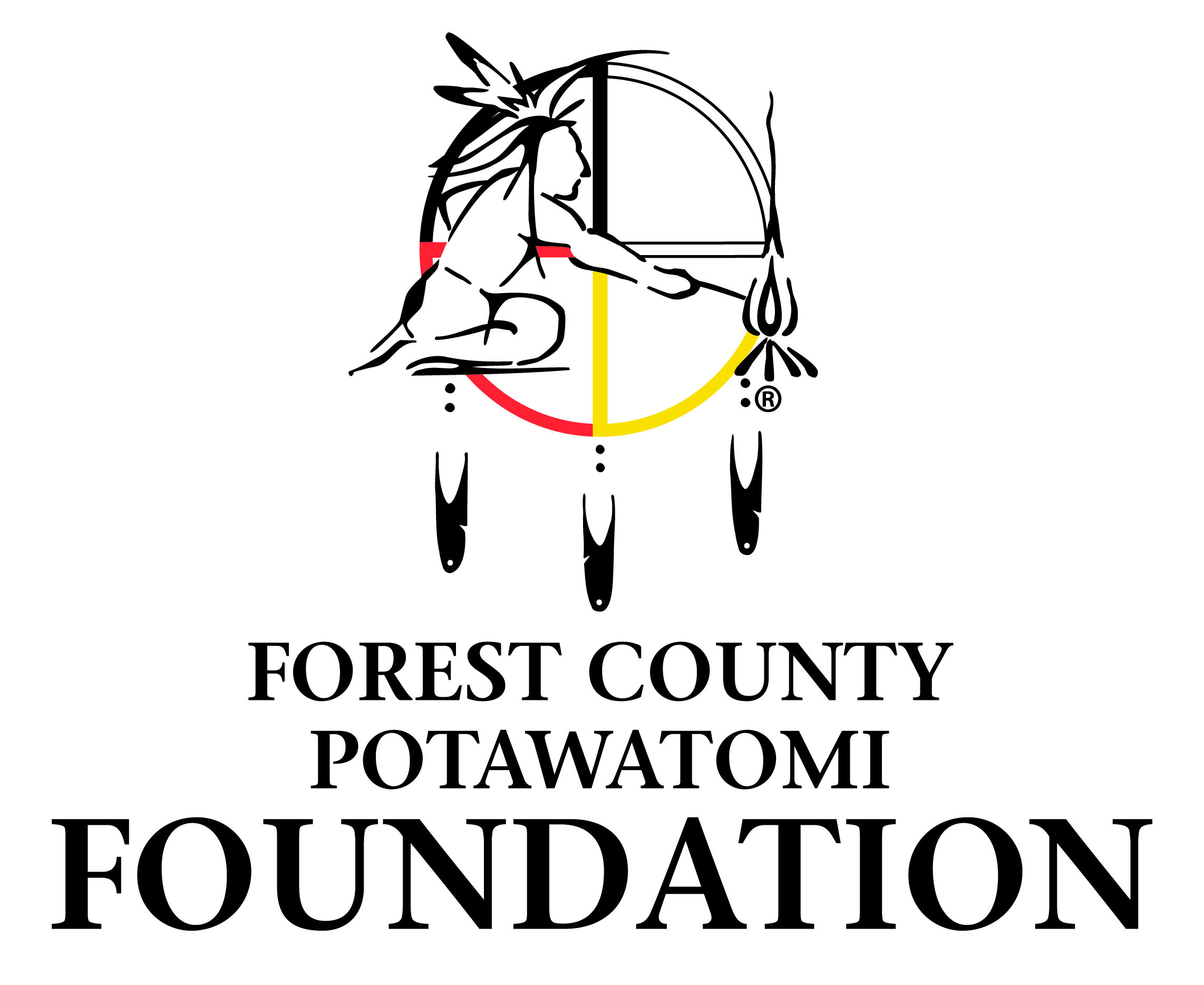

Amy Fischer Williams, MSW, DSW
Amy Fischer Williams, BA in Psychology (Concordia University, St. Paul), MSW (University of Minnesota), DSW (University of St. Thomas), and Assistant Professor in UW Oshkosh’s Department of Social Work, has shaped the lives of many students through her wide range of roles. Since joining the department in 2006 she has taught across the baccalaureate curriculum: Social Welfare Institutions, Social Welfare Policy, Professional Social Work Ethics, Interviewing Lab, Generalist Practice I & II, Interpersonal Skills, Family Lifecycle Transitions, Field Seminar, and Introduction to Social Work. At the MSW level she has taught: Human Behavior in the Social Environment; Diversity; Generalist Social Work Practice; Skills Lab with Individuals, Families & Small Groups; and Advanced and Foundation Social Work Field Practicum. Dr. Fischer Williams served as the BSW Field Coordinator until 2019. She also served a 4-year term (2010-2014) as the MSW Collaborative Program Field Coordinator at time of substantial growth. Dr. Fischer Williams is a Licensed School Social Worker. She previously taught at the College of Menominee Nation. Dr. Fischer Williams has likewise served people through her research, program, evaluation, grant-writing, vital involvement, and curriculum development. Much of that work has focused on promoting cross-cultural exchanges and understanding, especially curriculum standards to prepare practitioners to work and collaborate with Indigenous people and communities. From 2002-2008, Dr. Fischer Williams served as independent evaluator at the College of Menominee Nation for the Native American Vocational and Technical Education Program (NAVTEP) grant. In 2008 she was elected as the outside evaluator of Native American Career and Technical Education Program (NACTEP). The grant, funded by the U.S. Department of Education, is awarded to the College of Menominee Nation. CMN-NACTEP provides career and technical education programs for the greater Menominee, Oneida, and Stockbridge-Munsee tribal communities. She continues to serve in this capacity.
